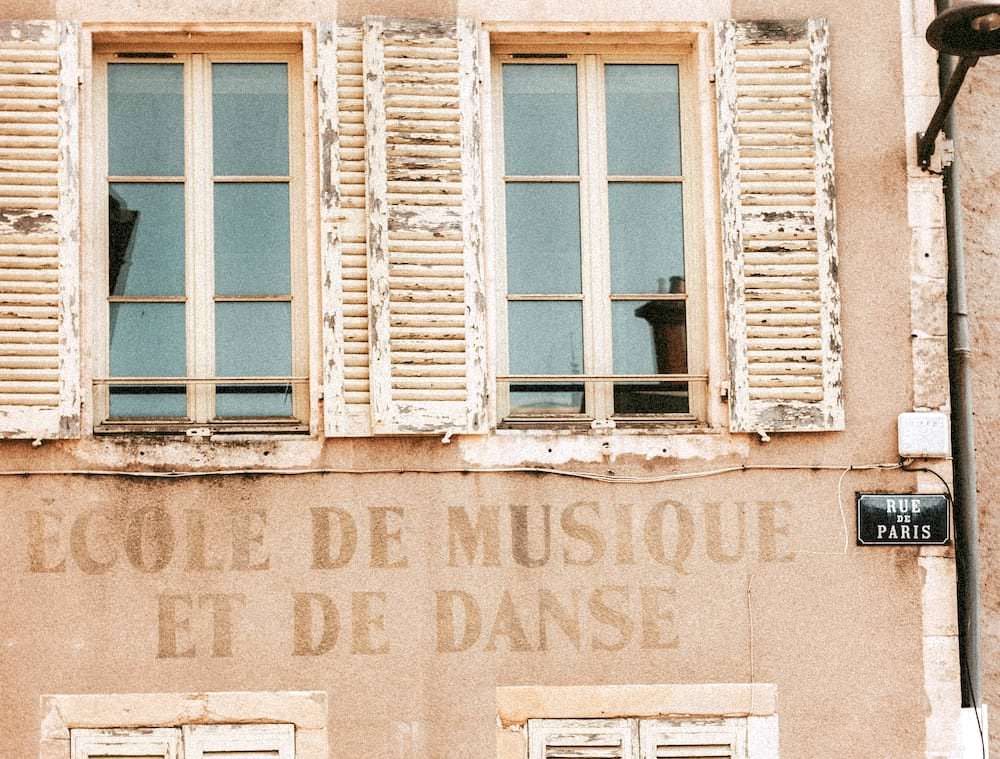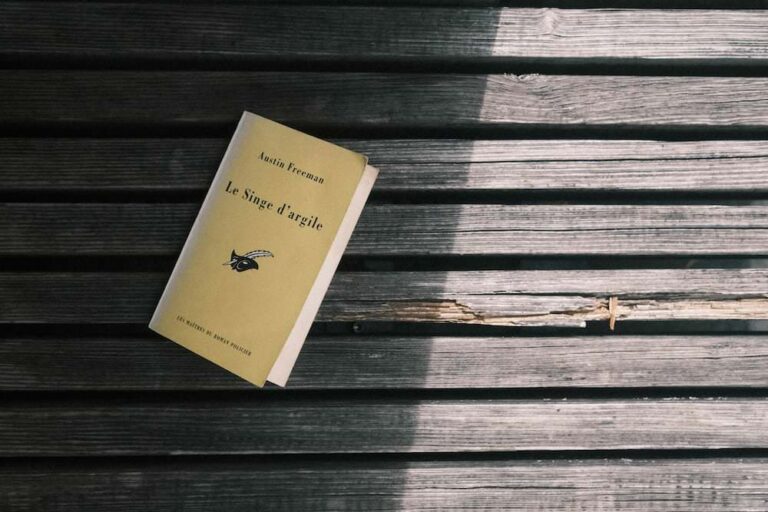shortened words
French speakers often use shortened forms of words in casual conversation. These abbreviations, or apocopes, are especially common in informal speech and writing. They are usually formed by dropping one or more syllables from the end of a word. Some have become so familiar that they are now widely accepted, even outside informal settings.
Here are some of the most common examples:
Gratuit becomes gratos
Gratos is a popular slang term meaning “free of charge.” It comes from gratuit, and is often used in casual contexts, especially when something is unexpectedly free.
Ex: On a eu des échantillons gratos à la sortie du concert.
We got free samples at the exit of the concert.
Restaurant becomes resto
Resto is the standard informal abbreviation of restaurant. It’s widely used in speech and writing.
Ex: On va au resto ce soir ?
Are we going to the restaurant tonight?
Matériels becomes matos
Matos refers to equipment or gear. It can relate to tools, electronic devices, or even school supplies depending on context.
Ex: J’ai tout le matos pour filmer l’interview.
I’ve got all the gear to film the interview.
Sensationnel becomes sensass
Sensass is a playful, somewhat dated abbreviation of sensationnel, meaning great or amazing. It’s lighthearted and used mostly in informal speech.
Ex: C’était une soirée sensass !
It was an amazing evening!
Cinéma becomes ciné
Ciné is a very common abbreviation of cinéma. It can refer to the building itself or the art of film.
Ex: On se fait un ciné ce week-end ?
Shall we go to the movies this weekend?
Professeur becomes prof
Prof is the go-to informal term for teacher or professor.
Ex: Mon prof d’histoire est super sympa.
My history teacher is really nice.
Photographie becomes photo
Photo is a well-established short form for photographie (a photo). It’s used in both informal and formal contexts.
Ex: J’ai pris cette photo pendant mes vacances.
I took this photo during my vacation.
Télévision becomes télé
Télé is the standard abbreviation for télévision.
Ex: Tu regardes quoi à la télé ce soir ?
What are you watching on TV tonight?
Faculté becomes fac
Fac refers to a university or faculty. It’s commonly used by students.
Ex: Il est en deuxième année à la fac.
He’s in his second year at uni.
Psychologue becomes psy
Psy is the informal term for psychologist or psychiatrist. It can also refer to mental health professionals more generally.
Ex: Elle voit un psy depuis quelques mois.
She’s been seeing a therapist for a few months.
Infirmier/Infirmière becomes Infirm
Infirm is sometimes used in spoken French as a short version of infirmier or infirmière, though it’s less widespread than other abbreviations.
Ex: Ma sœur est infirm.
My sister is a nurse.
Avocat becomes avoc
Avoc is used occasionally as an informal abbreviation for avocat (lawyer), though it’s less common in everyday speech.
Ex: Elle veut devenir avoc, mais elle a peur qu’aucun homme ne veuille l’épouser.
She wants to become a lawyer, but she’s afraid that no man will want to marry her.
These abbreviations reflect the natural tendency of spoken language to become more efficient. While they are widely used in casual contexts, they should generally be avoided in formal writing or official communication.






